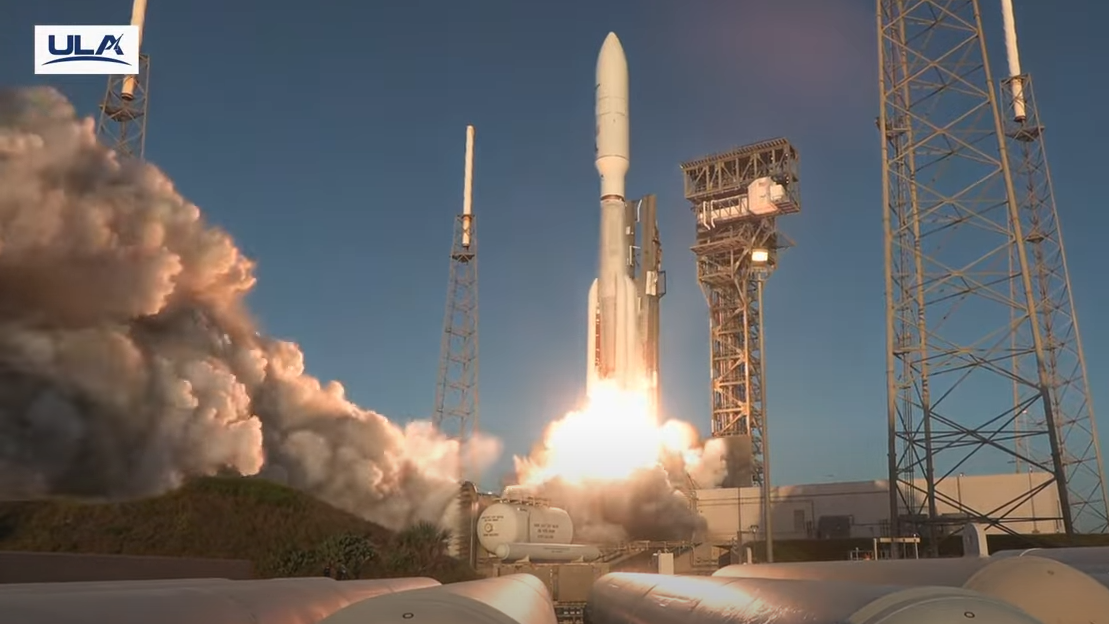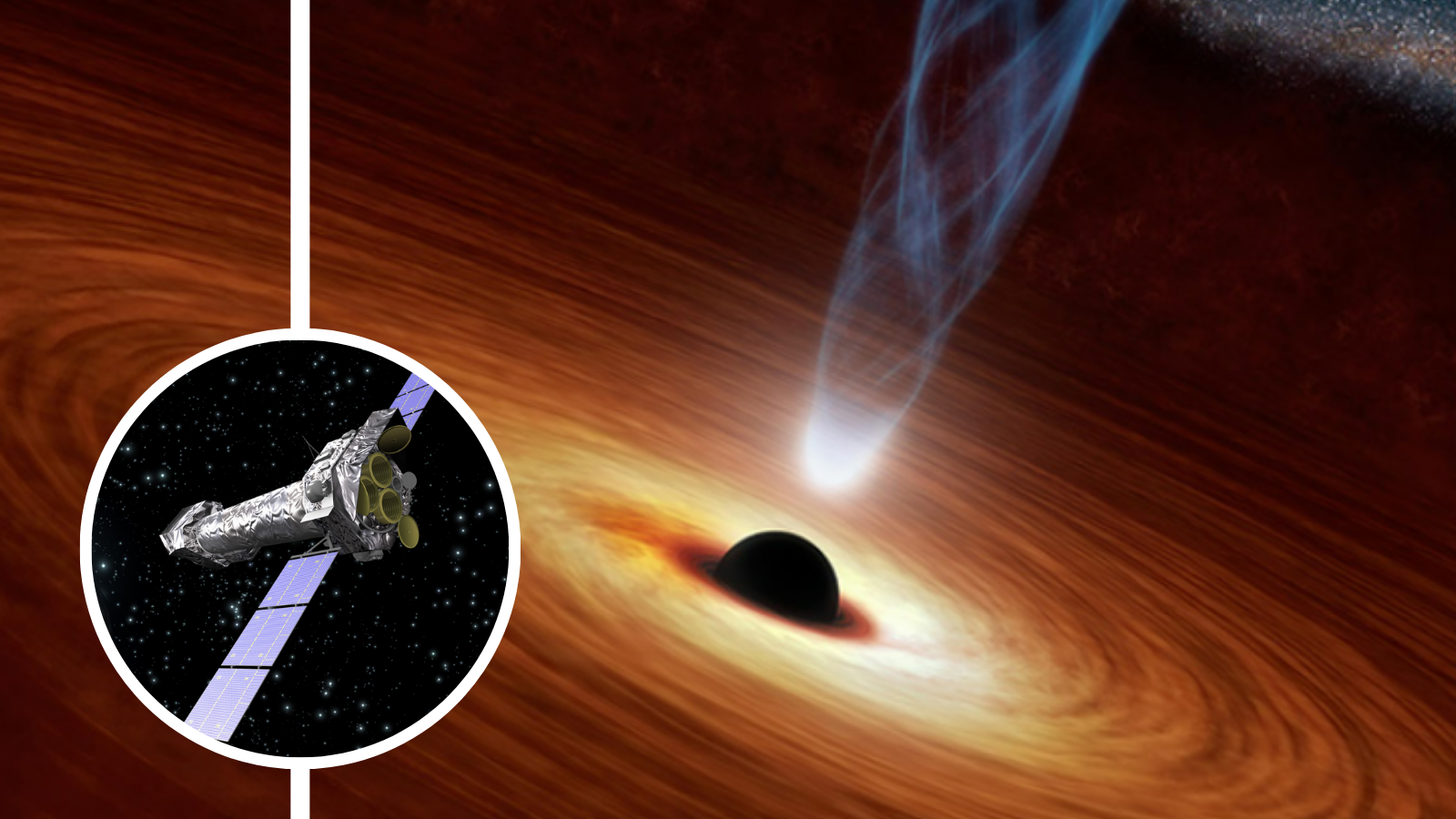Amazon's second big batch of internet satellites has taken flight.
A United Launch Alliance (ULA) Atlas V rocket lifted off from Florida's Cape Canaveral Space Force Station today (June 23) at 6:54 a.m. EDT (1054 GMT), carrying 27 spacecraft for Amazon's Project Kuiper constellation toward low Earth orbit (LEO).
The launch came a week later than originally planned; it had been scheduled for June 16 but was delayed by an Atlas V engine issue.

An Atlas V also launched the first batch of Kuiper craft, sending 27 of them aloft from Cape Canaveral on April 28 (as well as two prototype Kuiper satellites, which flew in October 2023).
And there will be many more such liftoffs. The Project Kuiper constellation will eventually consist of more than 3,200 satellites, which will go up on about 80 more launches in the coming years.
ULA will do most of the lifting; Amazon booked eight Atlas V launches and 38 rides on its replacement, the Vulcan Centaur. But Project Kuiper satellites will also fly on rockets built by SpaceX, Jeff Bezos' Blue Origin and European launch provider Arianespace.
"Those agreements comprise the largest commercial procurement of launch capacity in history, and support thousands of suppliers and highly skilled jobs across the U.S. and Europe," Amazon wrote in a Project Kuiper description.
Breaking space news, the latest updates on rocket launches, skywatching events and more!
The company hopes to start providing internet service with the constellation later this year.
Project Kuiper will compete with SpaceX's Starlink, which already provides service to customers around the world using more than 7,600 operational satellites in LEO.
Starlink is the largest satellite constellation ever assembled, and it's growing all the time; SpaceX has already launched 55 Starlink missions this year alone.
And these aren't the only two broadband projects underway in LEO. For example, China has already launched spacecraft for two different megaconstellations, Guowang ("National Network") and Qianfan ("Thousand Sails"). Both of these networks will feature more than 10,000 satellites, if all goes according to plan.
Join our Space Forums to keep talking space on the latest missions, night sky and more! And if you have a news tip, correction or comment, let us know at: community@space.com.

Michael Wall is a Senior Space Writer with Space.com and joined the team in 2010. He primarily covers exoplanets, spaceflight and military space, but has been known to dabble in the space art beat. His book about the search for alien life, "Out There," was published on Nov. 13, 2018. Before becoming a science writer, Michael worked as a herpetologist and wildlife biologist. He has a Ph.D. in evolutionary biology from the University of Sydney, Australia, a bachelor's degree from the University of Arizona, and a graduate certificate in science writing from the University of California, Santa Cruz. To find out what his latest project is, you can follow Michael on Twitter.
You must confirm your public display name before commenting
Please logout and then login again, you will then be prompted to enter your display name.
